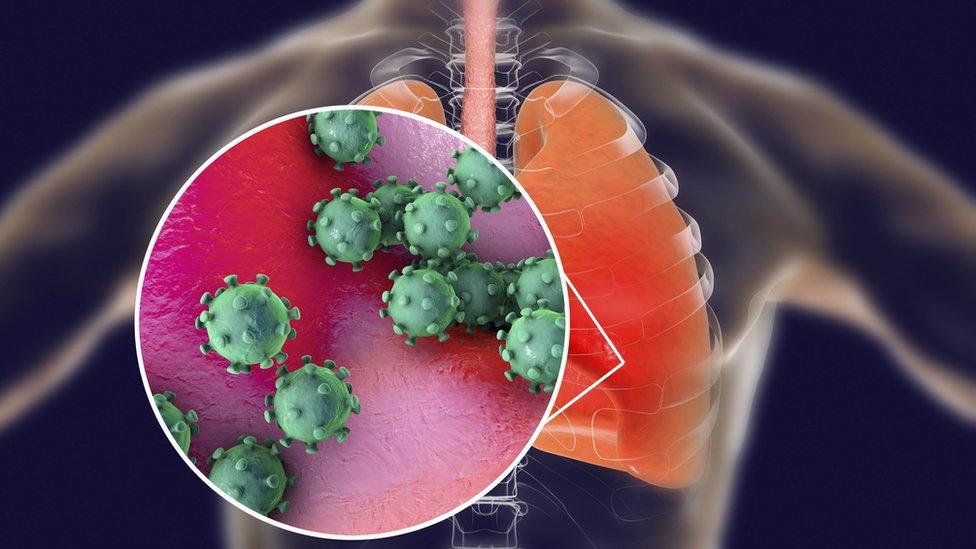Coronavirus: Wales has second case confirmed as UK total hits 116
- Published

Dr Frank Atherton gave an update on the virus in Wales at a briefing on Thursday
A second coronavirus case has been confirmed in Wales - and the total number of UK cases has risen to 116.
Wales' top doctor said the patient from Cardiff was tested at home after recently returning from northern Italy.
England's chief medical adviser said they were moving towards the second "delay" phase of their response to the outbreak.
Wales' first case was confirmed last week in Swansea - and now 500 people have been coronavirus tested in Wales.
More than 92,000 cases of the virus have been confirmed worldwide, 80,000 of which are in China. Most of the 3,000 people that have died are in China.
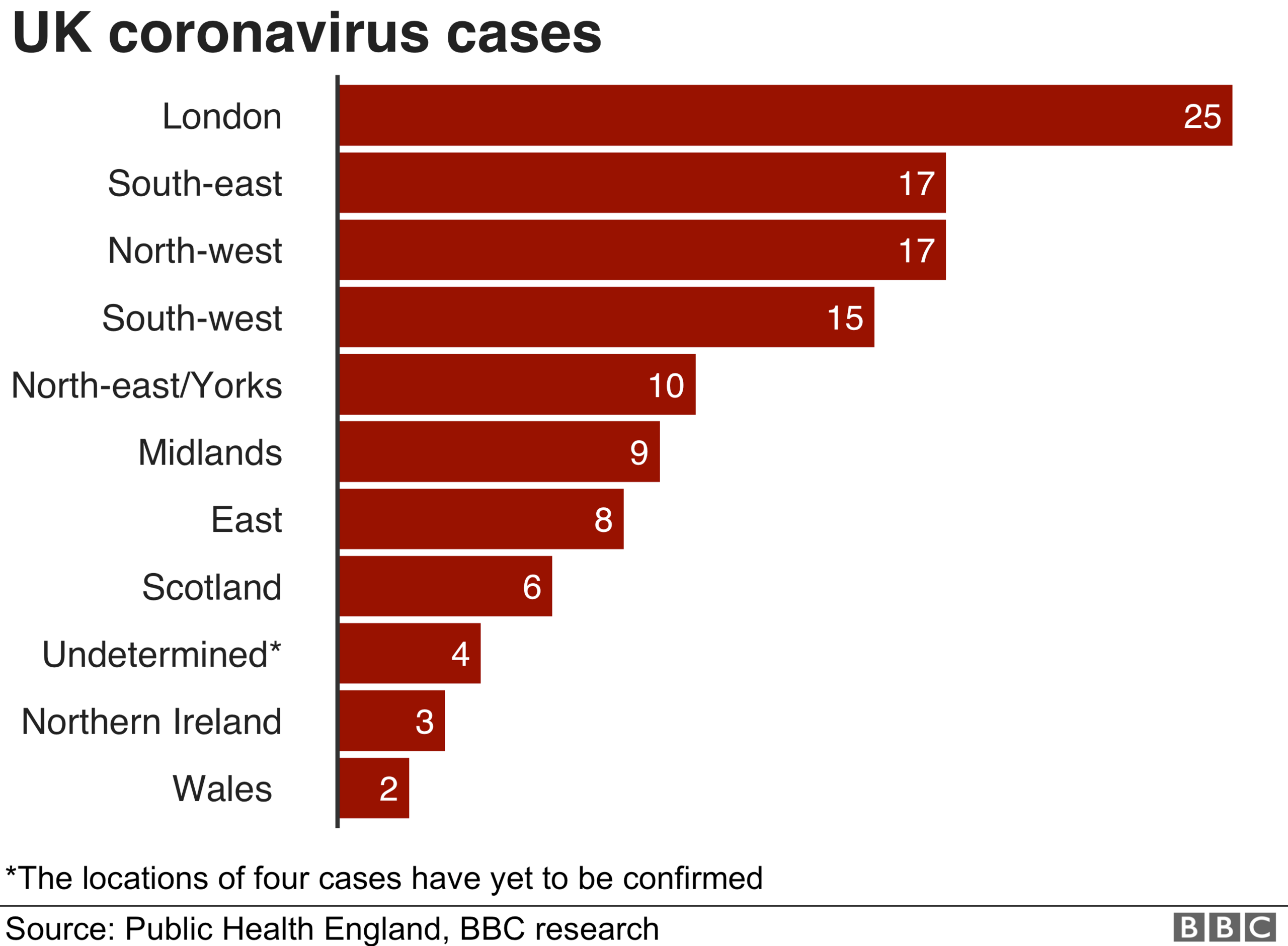
The UK number of confirmed coronavirus cases jumped to 116 on Thursday, with 25 in London.
An older patient with underlying health conditions also became the first person in the UK to die from the virus.
Dr Frank Atherton, Wales' chief medical officer, said the rise in cases "does make the principle of an epidemic that much more likely".
"We're still in the containment phase, we are moving towards the delay phase, but that's a gradual change," said Dr Atherton.
"We do expect to see more cases," added Dr Atherton. "The experience in Wales is likely to mirror the UK as a whole."
Earlier this week, he said he thought cases could rise in April to a peak in May or June, according to his "best guess".

What do I need to know about the coronavirus?
WHAT ARE THE SYMPTOMS? A simple guide
WAYS TO PREVENT CATCHING IT: How to wash your hands
WHERE ARE WE WITH A VACCINE? Progress so far
A VISUAL GUIDE TO THE OUTBREAK: Virus maps and charts

The patient had recently come back from northern Italy, which is experiencing the worst outbreak of Covid-19 in Europe.
Dr Atherton said the patient was tested at home - like 90% of the 500 coronavirus tests done so far in Wales.
Manager Steve Cooper says Swansea players will not have selfies or do autographs for fans because of the coronavirus risk
He said he is "not aware" of any connection between the first and second Welsh coronavirus case, adding the first patient is still being cared for at a specialist unit in London.
Three new cases of the virus were confirmed in Scotland earlier and medical chief for England Prof Chris Whitty said it was "highly likely" some people now being infected in the UK have no connection to overseas cases.
The Welsh Government "will continue to take all steps necessary to protect the health of the people of Wales", health minister Vaughan Gething said.

Ever since the first was confirmed last week, health officials said further Welsh cases were inevitable.
But what is different about this case compared to most of the UK cases up until now, is that this Cardiff patient will be treated for the virus within the NHS in Wales rather than sent to a specialist isolation unit in England.
This marks quite an important stage in the process. So what we're likely to see now are further Welsh cases potentially being treated in hospitals here for coronavirus.
That will no doubt, as cases increase, have an impact on capacity in Welsh hospitals, especially in intensive care units.
But Wales' chief medical officer said because Wales is slightly behind the curve compared to the number of UK cases as a whole, that gives the NHS here a little more time to plan and prepare.
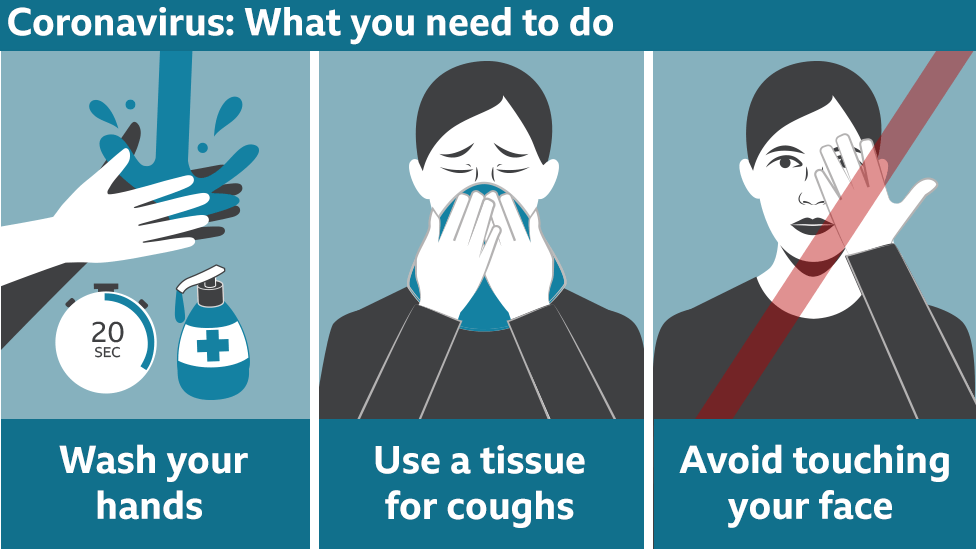
What are the latest developments elsewhere?
The worst-hit country outside China is South Korea, which on Wednesday reported 516 new confirmed infections, bringing the total to 5,766. The country's death toll stands at 35.
In an effort to curb the outbreak, South Korea's Prime Minister Chung Sye-kyun has announced a ban on face mask exports.
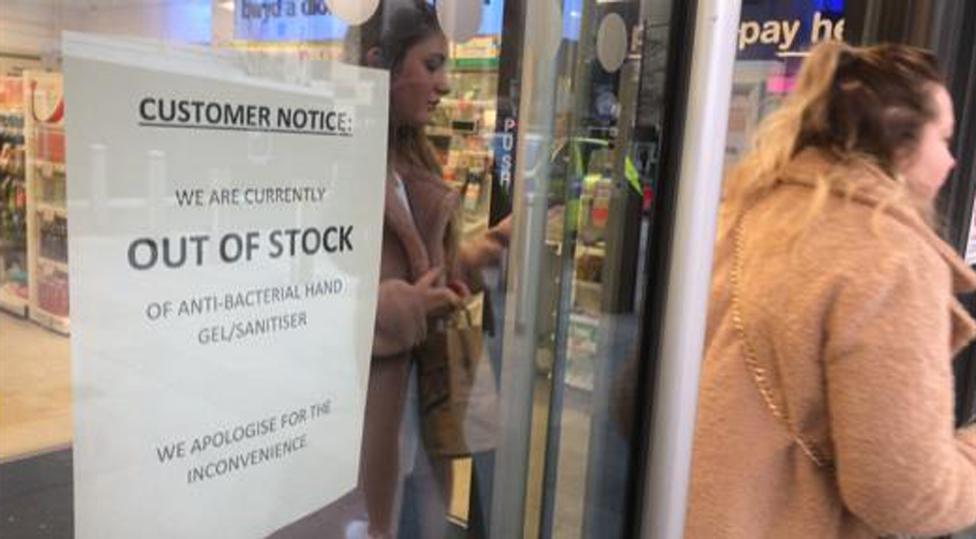
This chemist in Cardiff city centre had run out of hand gel - the public health advice is to wash hands thoroughly with warm water and soap
Australia has meanwhile banned entry for all foreign nationals from South Korea. Two people have died from coronavirus in Australia, and another 53 cases have been reported.
Meanwhile, China has reported 139 new cases and 31 deaths, all in Hubei province.

Schools have been closed for at least 10 days in Italy, which is grappling with the worst outbreak outside Asia.
On Thursday, the International Monetary Fund announced $50bn (£39bn) of support for countries hit by the coronavirus. The organisation also warned that global economic growth was now expected to be below the 2.9% rate for 2019.

How have you been affected by the spread of Covid-19? Share your experiences by emailing haveyoursay@bbc.co.uk, external.
Please include a contact number if you are willing to speak to a BBC journalist. You can also contact us in the following ways:
WhatsApp: +44 7756 165803
Tweet: @BBC_HaveYourSay, external
Send pictures/video to yourpics@bbc.co.uk, external
Please read our terms & conditions and privacy policy
- Published5 March 2020
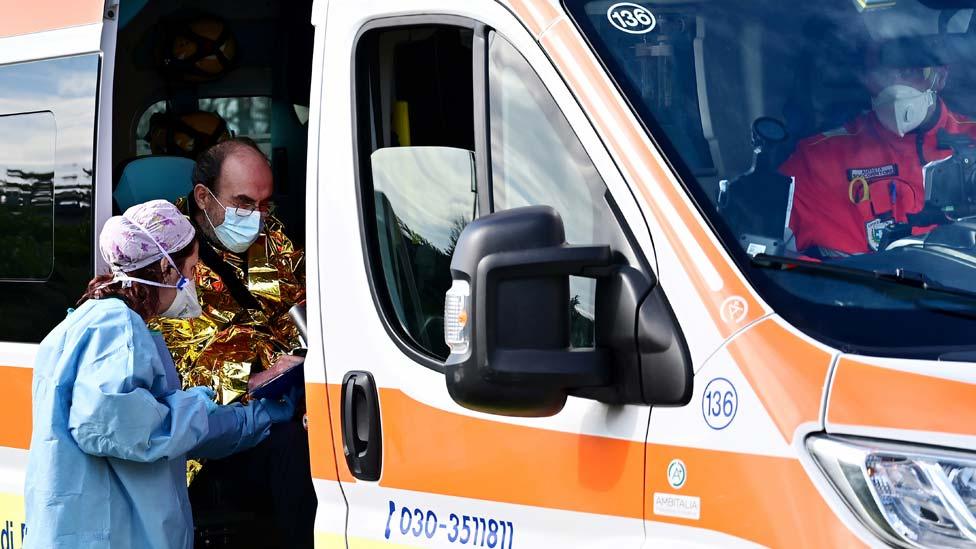
- Published5 March 2020
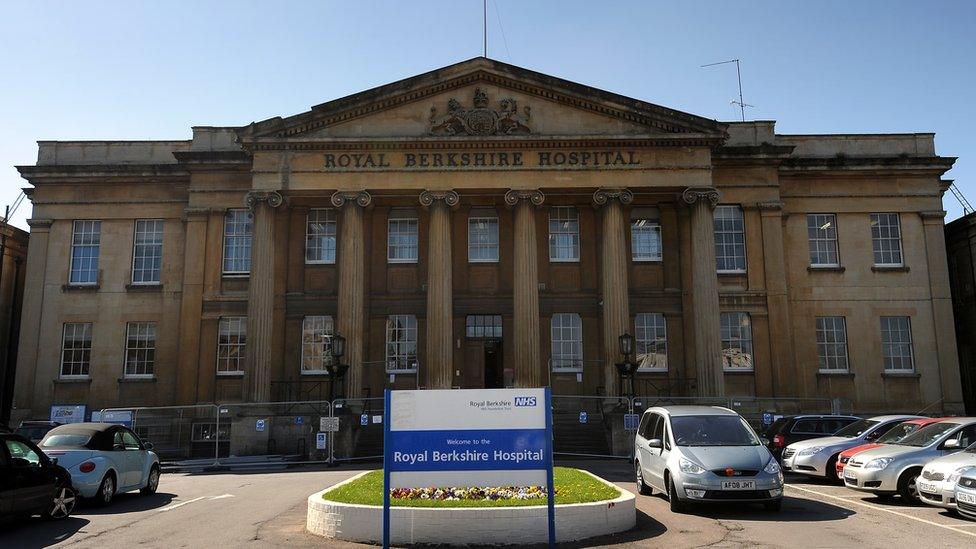
- Published5 March 2020
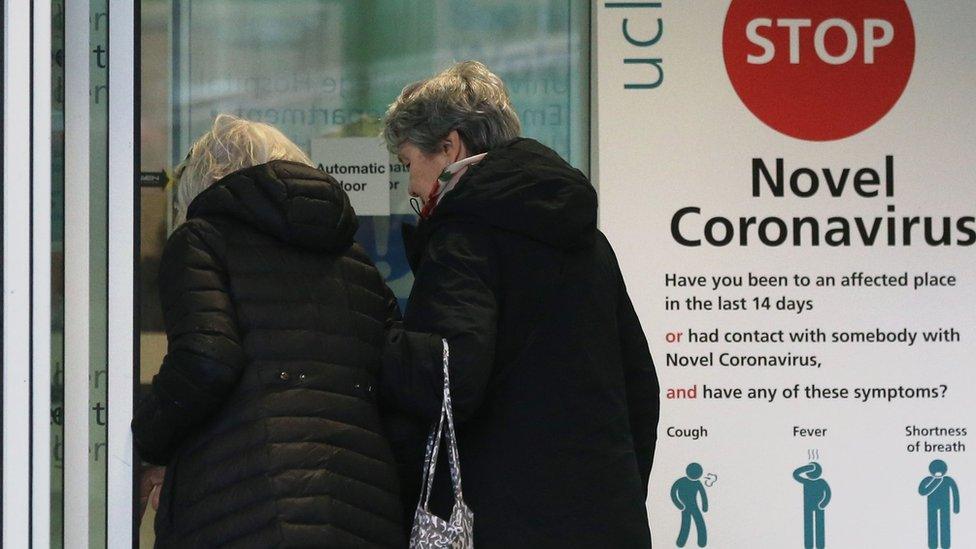
- Published5 March 2020
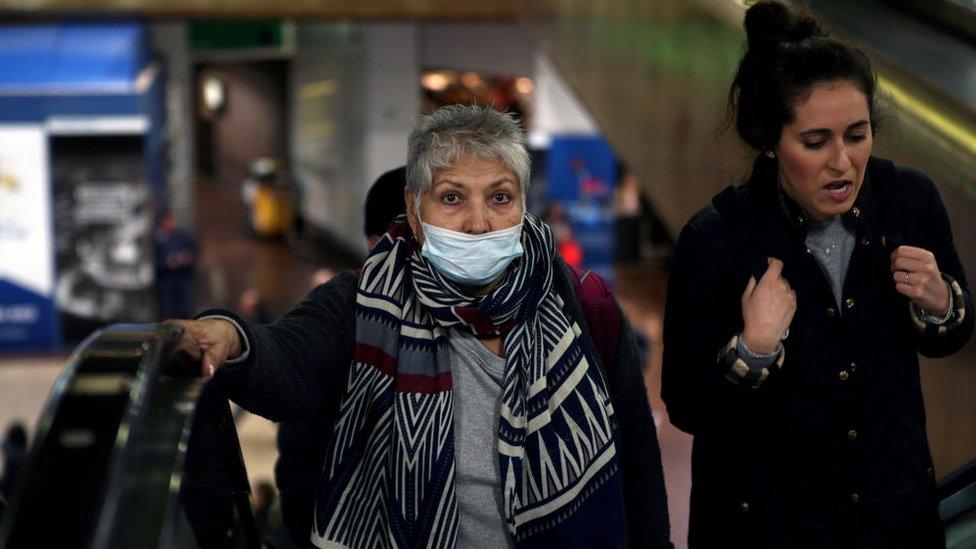
- Published3 April 2020
- Published5 March 2020

- Published4 March 2020
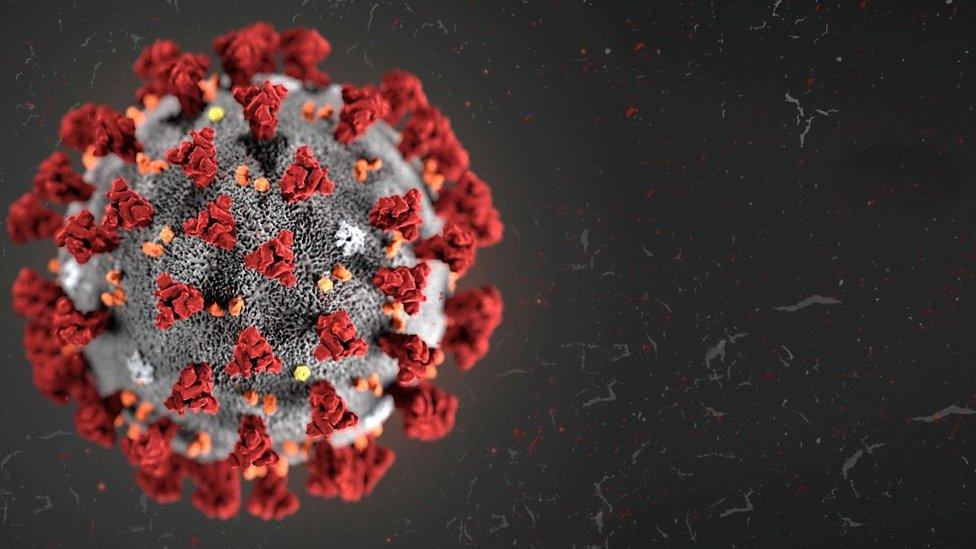
- Published28 September 2020
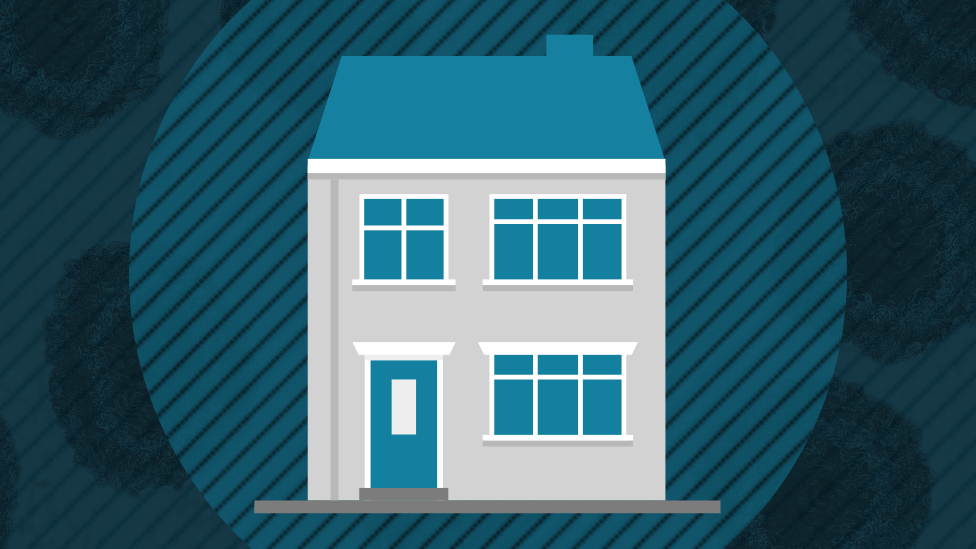
- Published28 May 2021
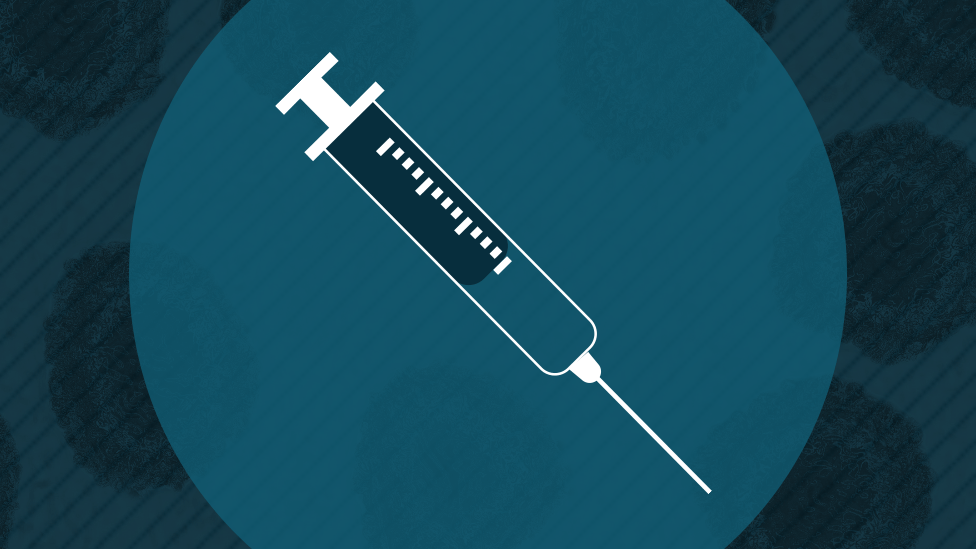
- Published3 March 2020
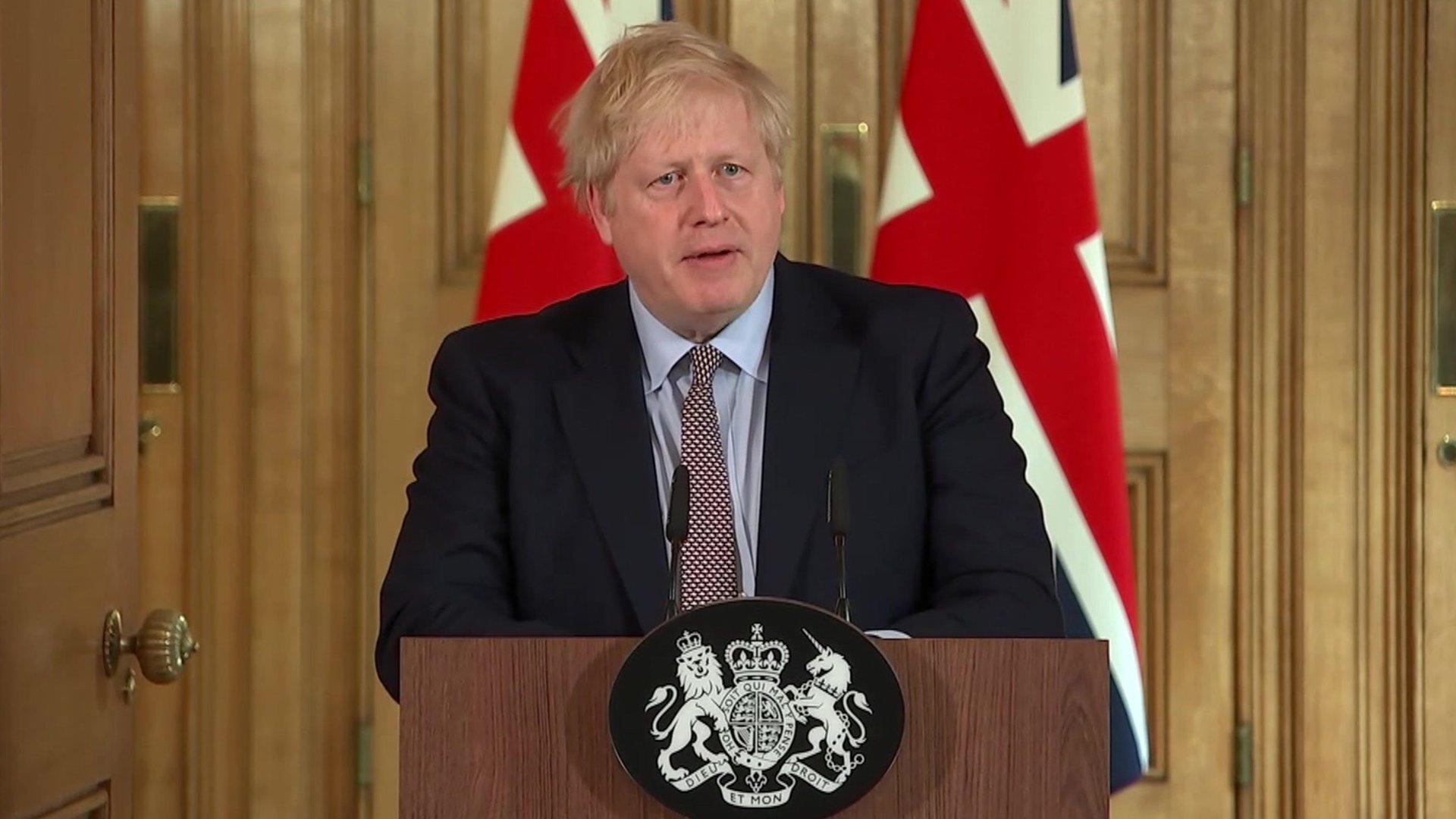
- Published3 March 2020
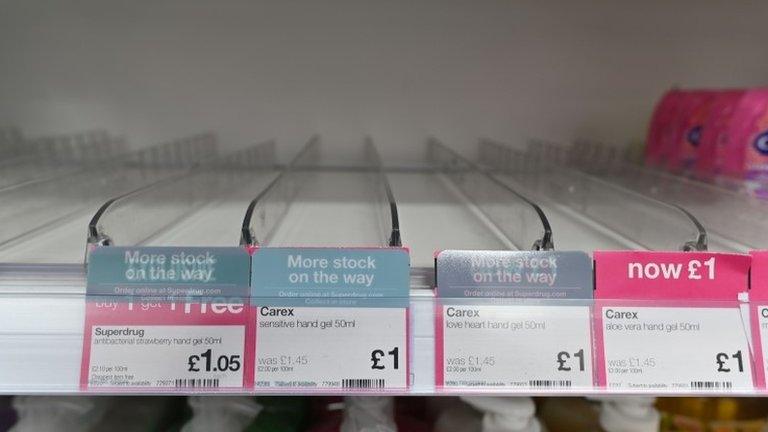
- Published28 February 2020
